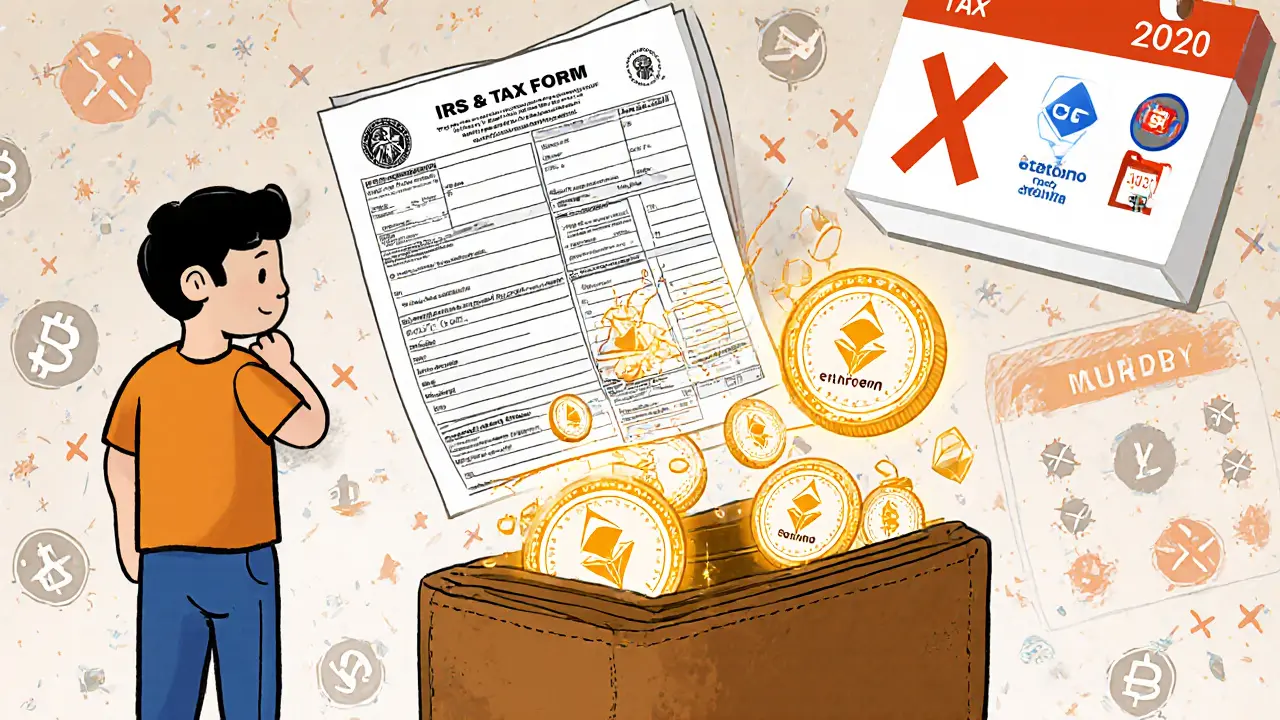Cryptocurrency Tax Treatment: What You Owe and How to Report It
When you trade, sell, or earn cryptocurrency, a digital asset recorded on a blockchain that can be bought, sold, or used as payment. Also known as crypto, it behaves like property in the eyes of most tax agencies, not currency. That means every time you swap Bitcoin for Ethereum, cash out USDT to your bank, or get paid in tokens, you might owe taxes. The IRS, HMRC, and other agencies treat these actions as taxable events — not because they want to complicate your life, but because they see real value changing hands.
It’s not just sales that trigger taxes. If you mine crypto, earn staking rewards, or get airdropped tokens, those are income, taxable earnings received in digital form. The value at the moment you receive it becomes your cost basis. Later, when you sell or trade those tokens, any gain or loss is calculated against that starting point. And if you use crypto to buy a laptop, a vacation, or even coffee? That’s a capital gain, profit or loss from selling an asset held for investment — same as selling stocks. You don’t need to be a millionaire to owe taxes. Even a $50 profit on a Dogecoin trade counts.
Most people mess this up because they assume exchanges report everything for them. They don’t. You’re responsible for tracking every transaction: buys, sells, swaps, airdrops, fees, and even gas costs. Tools like Koinly or CoinTracker help, but you still need to understand what’s being calculated. The real danger isn’t the math — it’s the penalty. Missing a form, misreporting a gain, or ignoring a small airdrop can trigger an audit. In 2025, the IRS is cross-referencing exchange data with tax returns like never before. If you got crypto from a platform like VirgoCX, COEXSTAR, or even a decentralized swap like Pangea Swap, you need to know what you owe.
What you’ll find below isn’t theory. It’s real cases: how Pakistan’s $300 billion crypto market handles reporting without banks, why Kazakhstan’s mining crackdown changed tax obligations for miners, and why that $8.50 ZOO token you claimed in a Christmas airdrop still counts as income. You’ll see how meme coins like HamsterChamp and Meme Kombat are treated the same as Bitcoin when taxes come due. And you’ll learn why ignoring crypto tax treatment isn’t an option — even if your wallet feels like a game, the taxman sees it as a ledger.
